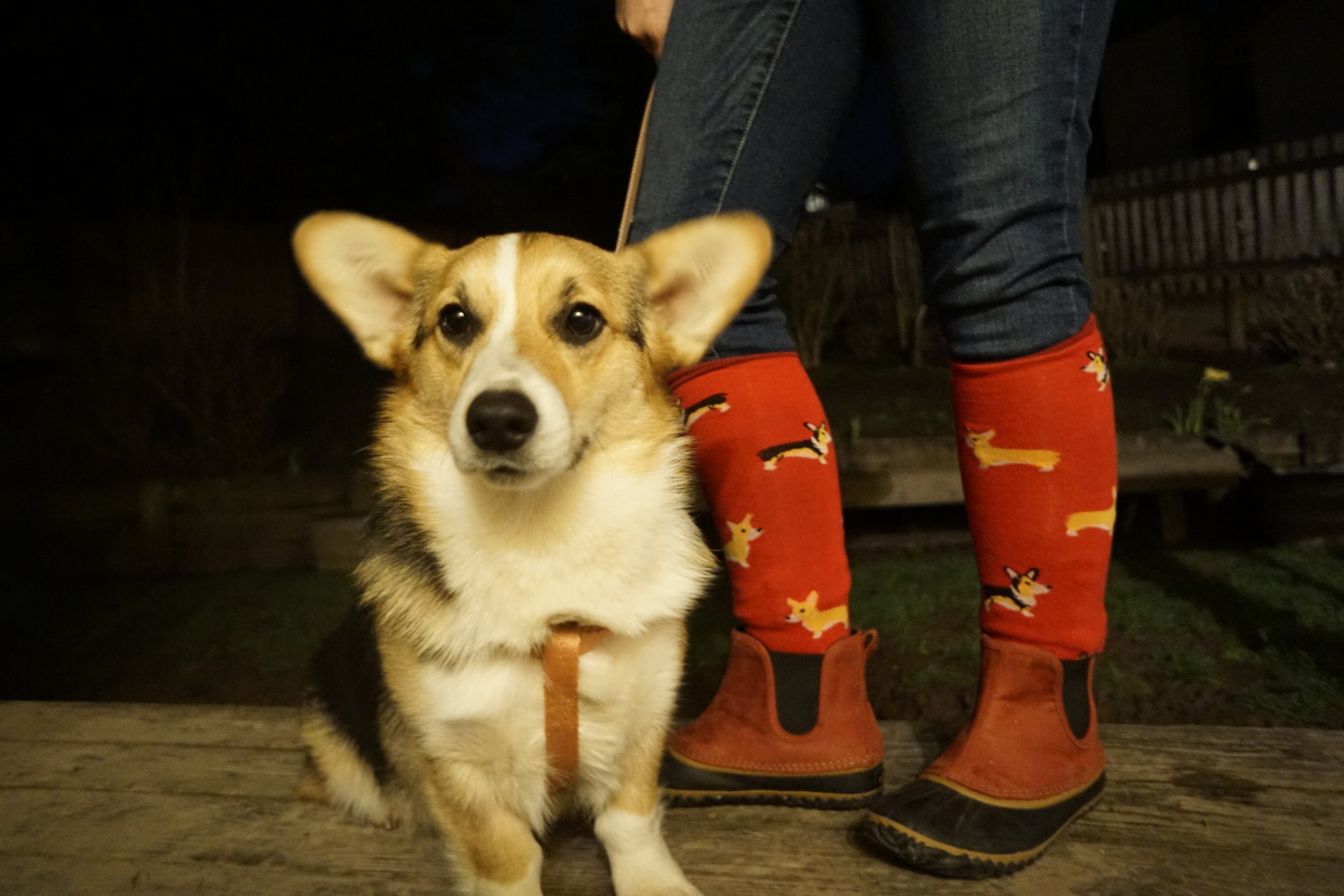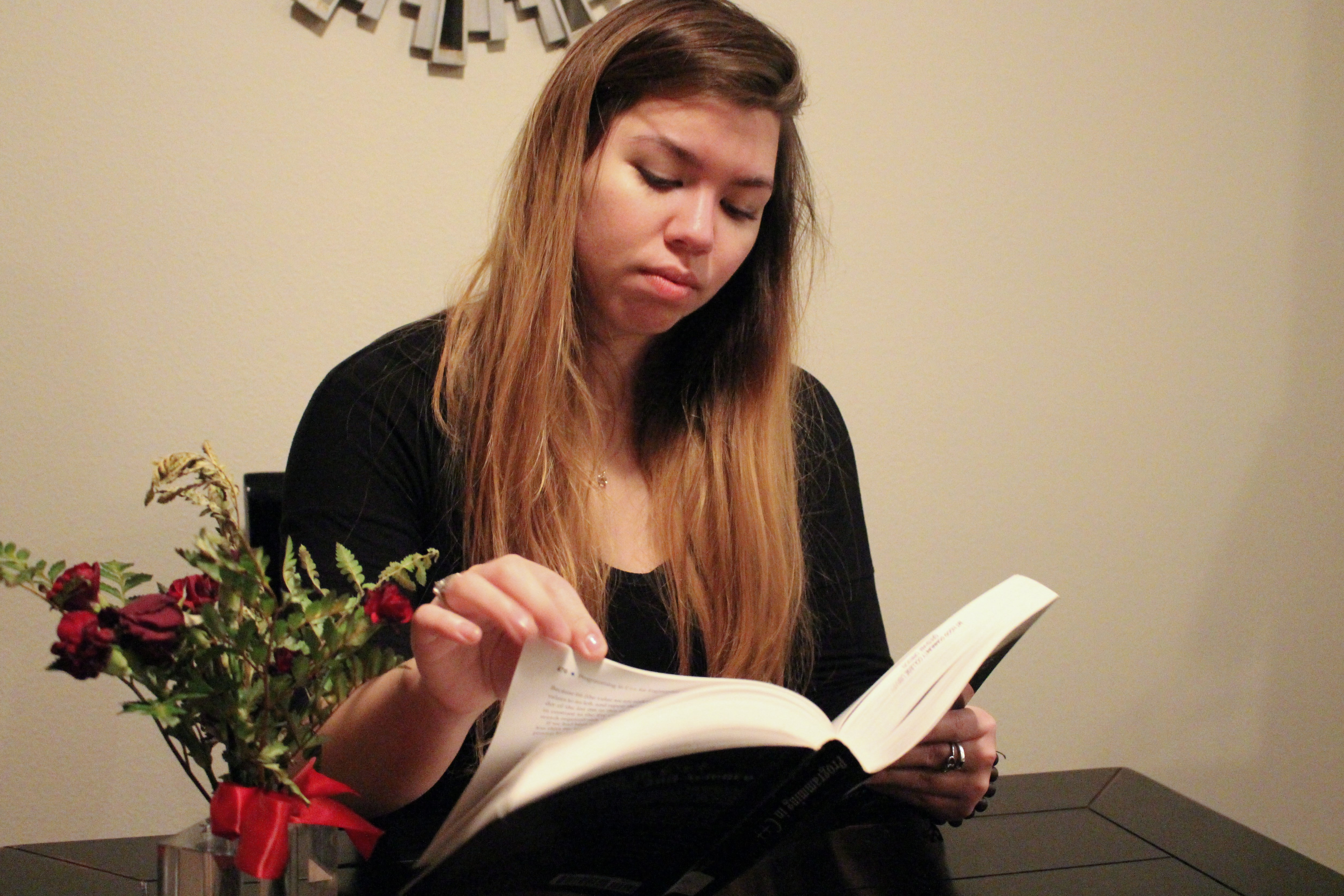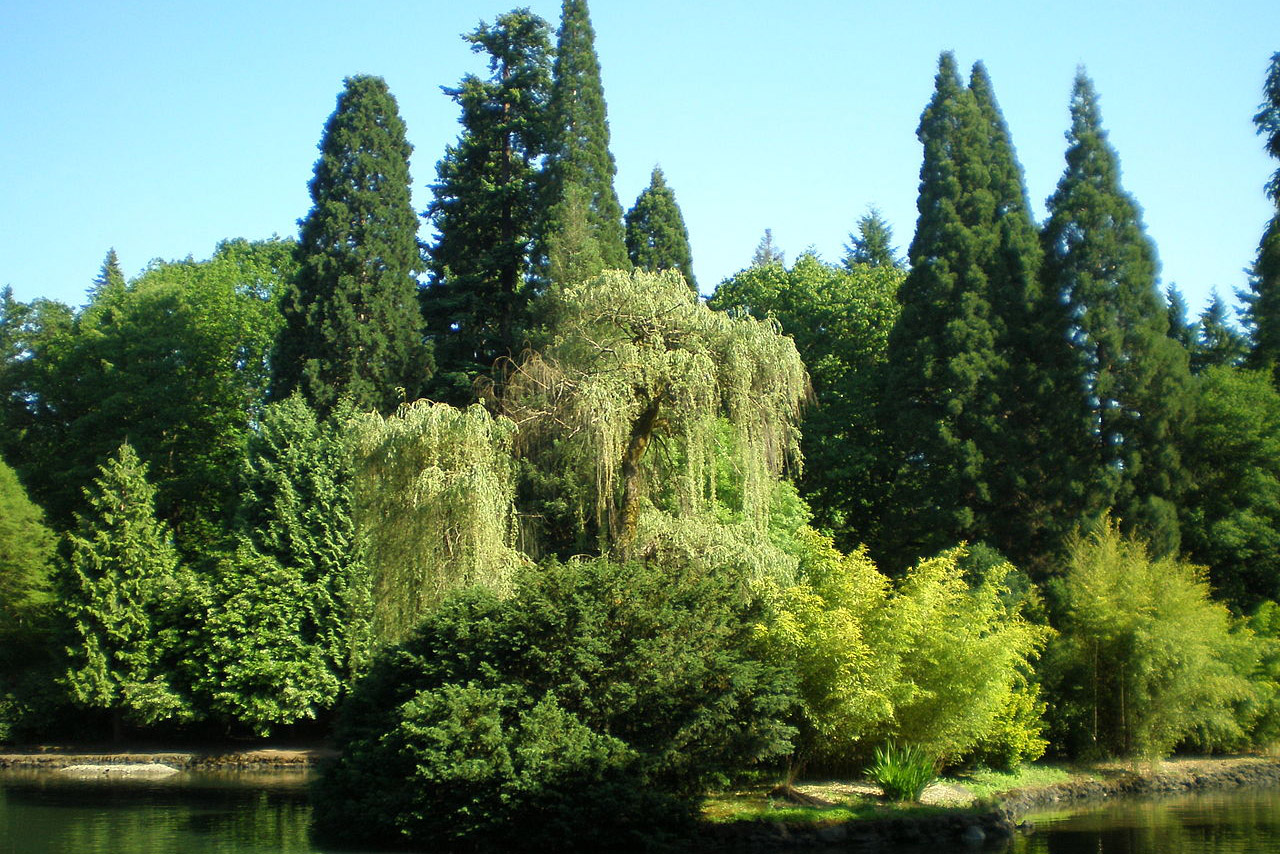Tired of the same old celebrations that reaffirm our ultimately meaningless and ephemeral terrestrial existence? Have you finally caught up on your Netflix queue and left your apartment, only to realize that by “going outside” your escape from the prison of experience and dirty dishes you call your home has merely led to a slightly expanded prison of experience and filth we all call our home? Are you a night owl who likes to look at shiny things?
Star parties have been around since at least 1782 when William Herschel, discoverer of Uranus, brought his seven-foot telescope to the castle of King George III. The King would use Herschel’s telescope to turn his friends’ and family’s gaze toward the night sky (and presumably away from those recent traitors across the pond).
If you, too, would like to turn your view from the political hellscape we call reality and take solace in communion with the cosmos, star parties provide a wonderful venue to gaze into the universe (and for the universe to gaze into you).
I know what you’re thinking: “I’m sky-curious, but I don’t know where to begin!” If you don’t know a reflector from a refractor, or if handling other people’s equipment late at night in the middle of nowhere makes you nervous, not to worry! Other weirdos who have been doing this kind of thing for a while will be more than happy to lead you through the darkness.
Oregon Museum of Science and Industry, in partnership with various local associations of amateur astronomers, often hosts public (and free!) star parties at Rooster Rock and Stub Stewart State Parks during solstices, equinoxes and other periods conducive to stargazing.
In addition to these star parties and other annual stargazing opportunities such as the Perseid meteor shower, this year the universe will also grace us with the first total solar eclipse to completely cross the continental United States since 1918.
Hundreds of star party animals will be making their way to Ochoco National Forest in central Oregon this August to watch the eclipse as part of the 30th anniversary of the Oregon Star Party. For the past three decades, the OSP—a nonprofit organization staffed entirely with volunteers—has gathered for one week every year to enjoy the bounty of some of the darkest skies in the country.
Part of the festivities include “observing lists”, which are like stellar scavenger hunts to guide both amateur and seasoned astronomers in their exploration of celestial landscapes.
The lists scale in difficulty, ranging from deep-sky objects that can be seen with binoculars to astrophotography challenges like photographing the International Space Station as it completes one of its fifteen daily orbits of Earth. Provide sketches or detailed descriptions of most of the objects on each list and get a pin to show off your astronomical creds to potential mates, so they know how adept you are at locating gravitationally lensed quasars.
Mentoring on how to actually use a telescope is available, and there are also telescope parks where you can casually browse the universe or try to track down that elusive Triangulum Galaxy, Lagoon Nebula or Wild Duck Cluster.
When you’re ready to start your search for TRAPPIST-2, check out the resources below, as well as these general guidelines for first-time star party attendees, courtesy of Rose City Astronomers:
- Bring warm clothing, including more than you think you will need, even in summer.
- Avoid using white light whenever possible. Cover your flashlight with red cellophane or red tape to help protect everyone’s night vision.
- Ask for permission before touching anyone’s viewing equipment.
- Green laser pointers are not allowed, except by permission of the event coordinator. They present a hazard to airplanes.
- Park with your vehicle’s headlights pointing away from the observing field.
- Smoking and alcohol are not allowed during observing hours in the observing area.
Oregon Star Party website: http://oregonstarparty.org/
Rose City Astronomers star party page: http://www.rosecityastronomers.net/star-party-page/
General astronomy resources for PDX and beyond: http://www.stargazing.net/David/portland/index.html






